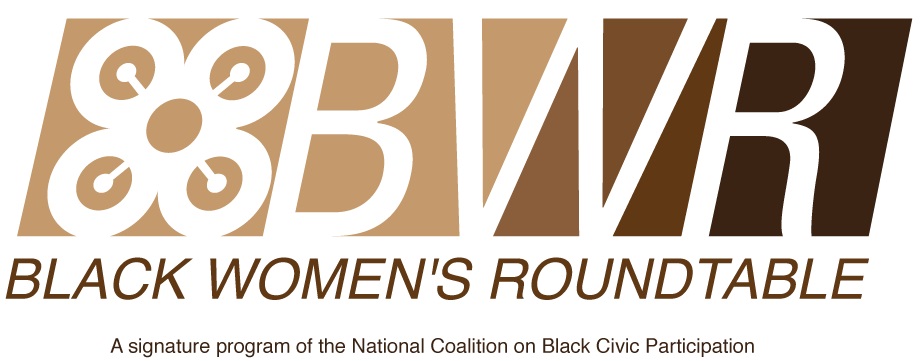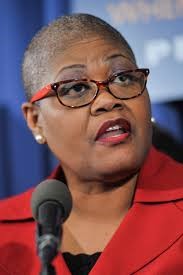Blogs
Op-ed
Weekly Digest
Analysis
Op-ed
The Affordable Connectivity Program Needs More Funding to Continue Closing the Digital Divide

Friday, June 23, 2023
Digital Beat
The Affordable Connectivity Program Needs More Funding to Continue Closing the Digital Divide


High-speed internet service at home is no longer a luxury—it is a necessity. From remote learning, to working from home, to starting a business or accessing telehealth services, high-speed internet is a vital service in U.S. homes--but not everyone can afford the cost of the service.
The COVID-19 pandemic brought to bear the stark reality of the racial and geographic disparities created by the lack of access to home internet service, with cost being the major barrier to accessing this service. Recognizing these disparities and the importance of home internet access during the pandemic, the Biden-Harris administration championed, and Congress established the Emergency Broadband Benefit (EBB) Program, which provided a temporary discount on internet service to families and individuals who could not afford internet access at home.
With the passage of the Bipartisan Infrastructure Investment and Jobs Act (IIJA), Congress provided $14 billion to replace the EBB Program with the Affordable Connectivity Program (ACP), a federally funding program that is closing the gap to affordable internet service for low-income households. The ACP, operated by the Federal Communications Commission, provides eligible households with a discount of up to $30 per month on their internet service and up to $75 per month for households on qualifying Tribal lands. The ACP also provides eligible households a one-time discount of up to $100 to purchase a laptop or desktop computer, or tablet.
Since its inception in December 2021, The ACP has successfully supported more than 18 million qualifying low-income households with discounts on their monthly internet bill. The ACP has given millions of Americans the transformative power of an internet connection that has opened doors to access remote education and learning and opportunities to boost the economy by working from home and starting businesses.
Despite its resounding success, the ACP is now in danger of running out of funding. According to recent analysis, funding for the ACP is likely to run out by mid-2024. This should ring alarm bells for Congress to pass legislation to extend the program.
The Biden-Harris administration is set to invest a historic $42 billion in the Broadband Equity, Access, and Deployment (BEAD) program to build broadband infrastructure across the country. If Congress allows funding for the ACP to lapse it would thwart the efficacy of the BEAD program’s purpose to ensure that every American has access to reliable high-speed internet.
All Americans deserve to be able to participate in the digital economy, and the ACP plays a significant role in ensuring that this occurs. It is imperative for Congress to move quickly to extend funding for the ACP before it runs out. Closing the digital divide and the future of our economy and global competitiveness depend on it.
Melanie Campbell is the president and CEO of the National Coalition on Black Civic Participation and the national convener of the Black Women’s Roundtable.
Joycelyn Tate is the senior technology policy advisor for the Black Women’s Roundtable and project director for the Black Women’s Roundtable Digital Equity, Connectivity and Women’s Economic Empowerment Project at the Thomas W. Dortch Jr. Institute at Clark Atlanta University.
The Benton Institute for Broadband & Society is a non-profit organization dedicated to ensuring that all people in the U.S. have access to competitive, High-Performance Broadband regardless of where they live or who they are. We believe communication policy - rooted in the values of access, equity, and diversity - has the power to deliver new opportunities and strengthen communities.
© Benton Institute for Broadband & Society 2023. Redistribution of this email publication - both internally and externally - is encouraged if it includes this copyright statement.
For subscribe/unsubscribe info, please email headlinesATbentonDOTorg






